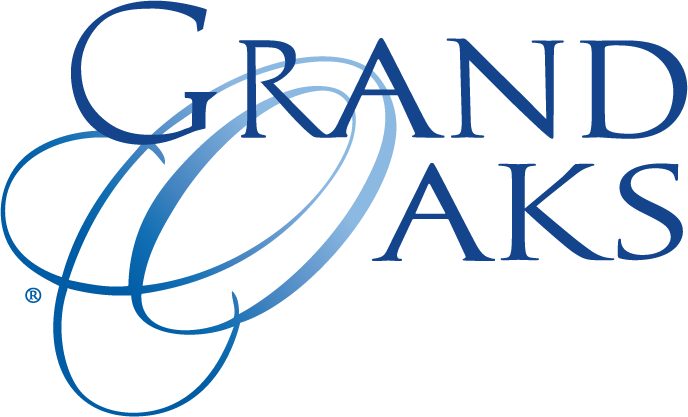4 Min Read
Common Myths About Alzheimer’s Disease

Alzheimer’s disease affects millions of people in the U.S. – 1 in 9 people 65 and older. As our country’s over-65 population continues to grow, so will the number of people with Alzheimer’s. According to the Alzheimer’s Association, by 2050, the number of people aged 65 and older with Alzheimer’s may grow to a projected 12.7 million – roughly double what it is now. Despite its commonality, there are still many misconceptions surrounding the disease. Let’s dispel some common myths about Alzheimer’s.
Myth: Alzheimer’s and dementia are the same.
Alzheimer’s and dementia are often used interchangeably. However, dementia is not a specific disease but a generalized term for a group of conditions characterized by impairment of two or more brain functions. Alzheimer’s disease is just one type of dementia – there are many, including vascular dementia, Huntington’s disease, Korsakoff syndrome, and more.
Myth: Only seniors develop Alzheimer’s disease.
This is one of the most common myths about Alzheimer’s disease. While the senior population (65+) is certainly the most common age group, Alzheimer’s disease can affect those in their 50s, 40s, and even 30s. Early-onset Alzheimer’s is rare – only affecting around 300,000 of the roughly 6.7 million living with Alzheimer’s disease.
Myth: Memory loss is a normal part of aging.
We’ve heard it time and time again – you forget things as you age. But there are key differences between normal, age-related memory lapses and Alzheimer’s disease or dementia. Things like forgetting a friend’s birthday may be normal, but entirely losing track of dates, months, seasons, or time is not. Knowing the signs can be the difference in an early diagnosis.
Myth: Alzheimer’s disease only affects memory – it’s not fatal.
Alzheimer’s disease is the sixth leading cause of death in the U.S. It’s a progressive disease that slowly destroys tissues and neurons in the brain, leading to not only memory loss but a decline in communication, metabolism function, cell repair and regeneration, the ability to swallow, and much more.
Myth: If I have a family history of Alzheimer’s disease, I will get it.
When a relative is diagnosed with Alzheimer’s, many family members fear their diagnosis is imminent, but that’s not necessarily the case. According to Harvard Medical School, studies of family history say that if you have a close relative (parent or sibling) diagnosed with Alzheimer’s disease, your risk increases by about 30%. So, while family history does play a part, it’s not a guaranteed future diagnosis. On the other hand, family history is not necessary for an individual to develop the disease, either. Both are common myths about Alzheimer’s disease.
Myth: There’s no treatment for Alzheimer’s disease.
Unfortunately, there is no cure for Alzheimer’s disease, but treatment is available. In recent years, there have been many advancements in the treatment of Alzheimer’s and other dementias. Some medications can help slow the progression of the disease, while others can help lessen symptoms and provide people with comfort, dignity, and independence for a longer period of time.
How Grand Oaks Can Help
If your loved one is diagnosed with Alzheimer’s disease or other memory-related disorders, they deserve a residence that specializes in memory care. The Oasis Neighborhood at Grand Oaks offers an experienced staff that provides attentive support grounded in respect and compassion and personalized care routines as unique as the person receiving them. Learn more.

0 Comments